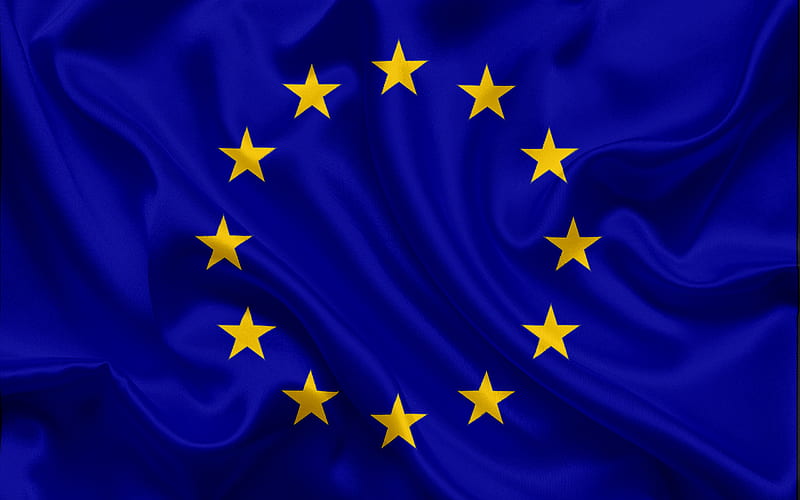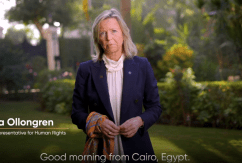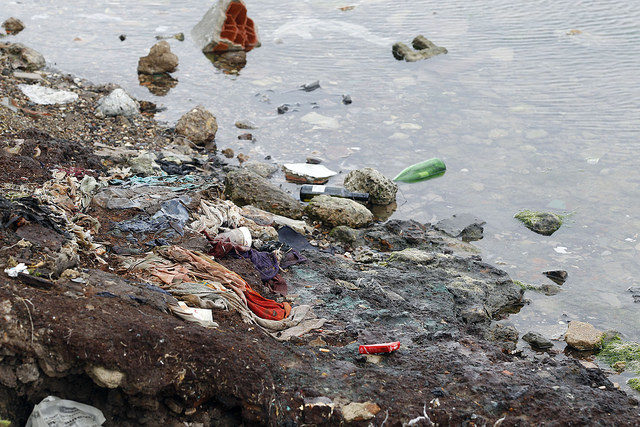World Children’s Day: Joint Statement by the High Representative and European Commission

The EU reaffirms its commitment to upholding every child’s rights, enshrined in the EU Charter of Fundamental Rights, within Europe and globally, ensuring they have a voice in the present we are living and in the future we are building. This year’s theme, “Listening to the Future,” calls on all of us to listen actively to children’s hopes, ideas, and concerns. Through initiatives like the EU Children’s Participation Platform and the Youth Action Plan, the EU creates spaces where children and young people can engage in decisions that shape their lives, both locally and internationally.
Globally, the EU’s commitment to protecting children’s rights extends to areas experiencing conflict and crises, from Ukraine, to the Sahel, to Sudan and to the Middle East. In these regions, children face an unprecedented rise of extreme violence, displacement, and the loss of education and health care support. In Gaza alone, 70% of people killed are women and children, and children under the age of 9 are the most frequent casualty caused by this war. Moreover, according to the United Nations, there has been an increase of 21% of violence against children and the violation of their rights in 2023 alone.
Through the EU’s updated Guidelines on Children and Armed Conflict, we are stepping up efforts to protect children, uphold legal safeguards and international humanitarian law, and hold perpetrators to account. Partnering with the UN, regional and local organisations, the EU supports children with access to education, health and psychosocial care in these high-risk areas.
Our flagship European Child Guarantee seeks to break the cycle of poverty by ensuring access to essential services like healthcare, education, nutrition, and safe housing for vulnerable children. At the same time, the EU is expanding support for mental health initiatives, aiming to build emotional resilience and social stability for all children.
In a rapidly changing digital landscape, the EU is dedicated to securing children’s online rights. The Digital Services Act (DSA) requires digital platforms to prioritise the safety and privacy of children. Alongside this, the Better Internet for Kids (BIK+) initiative works across the EU to boost digital literacy, provide awareness raising material, information, education resources, and create a safer internet environment for young people.
Children’s voices also influence our climate policies. Under the European Green Deal, the EU prioritises action to address the climate crisis, focusing on creating a sustainable world for future generations. We encourage children to participate in climate action, recognising them as essential advocates today and potential leaders tomorrow.
These initiatives reflect the EU’s commitment to a fairer society, where every child must be given the possibility to thrive and help shape Europe’s future. On World Children’s Day, we renew our promise to invest in the well-being and rights of every child, ensuring that our policies and actions today improve their lives now and lead to a better tomorrow for them all.
For more information, please refer to:
- EU Strategy on the Rights of the Child
- EU Recommendation on integrated child protection systems
- EU Children’s participation platform
- European Child Guarantee
- European Green Deal
- Digital Services Act
- EU Digital Decade
- Digital Education Action Plan
- EU Guidelines for the promotion and protection of the rights of the child
- EU Guidelines on Children and Armed Conflict
- Digital and Information Society – European Commission
- Eurostat Infographic on Children in the EU
- Communication on a comprehensive approach to mental health





























 Syria
Syria 




